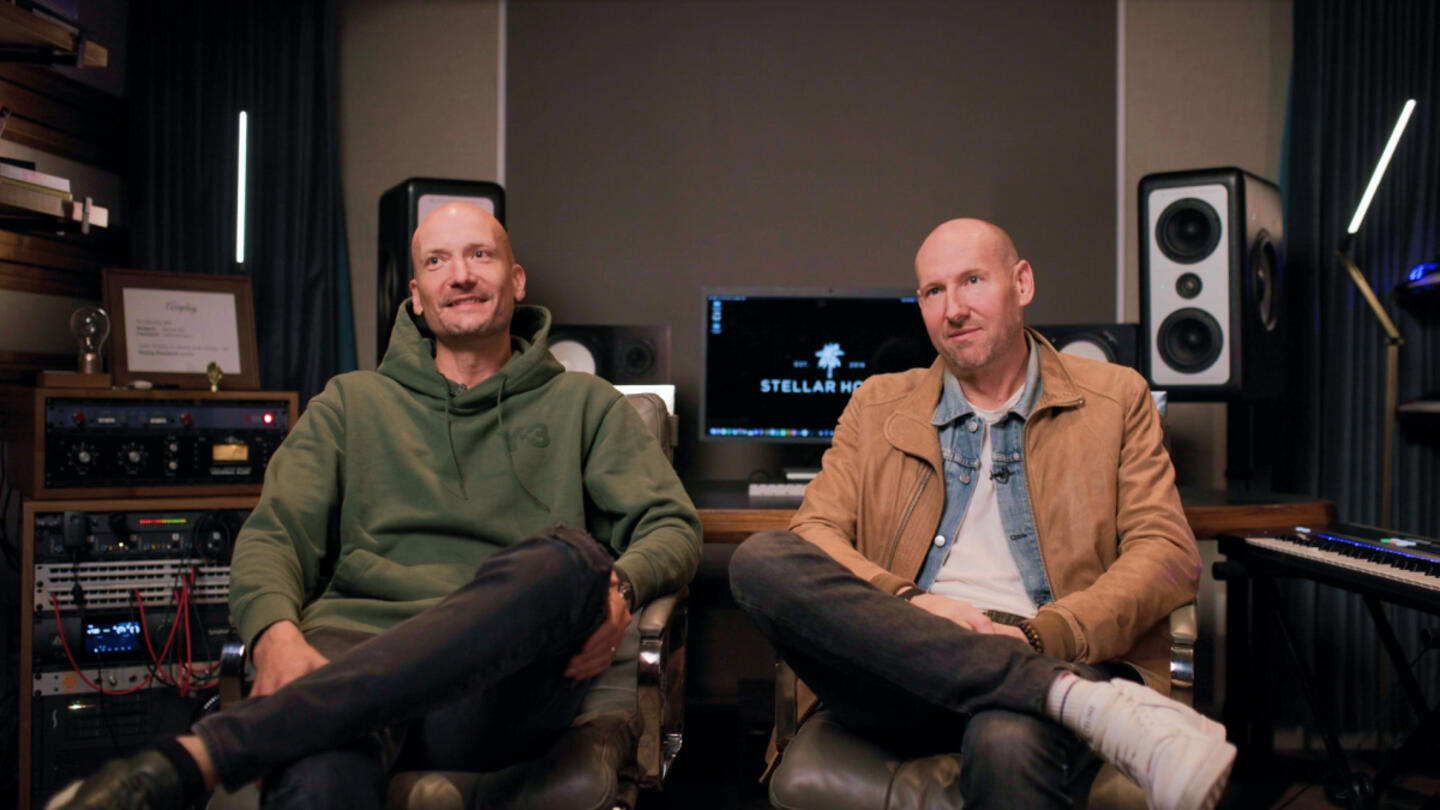When John Adams graduated from Harvard University in 1755, his rank of 14th out of 24 had less to do with academics and more to do with social status. It was a time when higher education favored the well-connected and prioritized personal growth over job readiness.
Today, while two- and four-year degrees are generally perceived as essential for career success, the growing cost of education and the rapidly changing job market indicate that higher education needs to evolve further.
Years spent completing college before entering the workforce aren’t adequately preparing all students for in-demand jobs. With 51% of bachelor’s recipients graduating with an average of nearly $30,000 in student loan debt and employers increasingly voicing concerns about graduates' lack of job skills, there's a pressing need to align lifelong learning with the needs of both students and employers.
One solution lies in organizations like edX, an online learning platform developed by Harvard and MIT and now part of 2U. edX offers credentials called MicroBachelors — streamlined versions of traditional degrees designed to train learners in specific skills for high-demand jobs.
Here’s the thing: To date, MicroBachelors have primarily attracted degree holders seeking additional skills. But in a job market that has been dominated by degrees for decades, workers without degrees have a greater need for new, sustainable pathways to fulfilling work.
The Charles Koch Foundation, which is part of the Stand Together community, has partnered with edX and Jobs for the Future, a national nonprofit that drives change in the U.S. workforce and education systems. Together, the three organizations are exploring MicroBachelors as potential pathways for non-degree holders by making the credentials more accessible to them. These focused credentials could potentially transform the traditional education model by connecting employers with untapped talent and helping millions of underemployed individuals find fulfilling careers.
Could this be the shakeup, win-win shot in the arm the old model of education needs?
Why we should rethink higher education
There tends to be a gap between what universities teach and the skills needed in the workplace. Universities often prioritize abstract concepts over practical skills, but Anant Agarwal, founder of edX and chief academic officer of 2U, argues both are essential for meaningful employment.
Take coding, for example. Universities can teach the foundational concepts of algorithms and computational thinking, said Agarwal, “but students also need to know practical coding languages where the jobs are, like Python, or they need to know how to use GitHub, how to check code, how to test code, and how to work in teams.”
JuliAnna Sanchez Stone, an edX partner who heads both a staffing agency as well as a career coaching agency, echoed Agarwal’s sentiment.
She noted that many universities are sluggish about adapting to market demands because of their size and that many undergraduate degrees lack direct pathways to employment. She pointed to a bachelor’s degree in French literature as an example. “You can’t find a job with this particular degree unless you go into teaching,” said Stone, and schools don’t prepare students for that inevitability.
Stone, who spent 25 years in higher education, said misaligned incentives are a key factor. When colleges don’t teach skills employers need, the only one hurt is the graduating student who struggles to find a job that aligns with their degree.
Sign up for Stand Together's Rethinking Work & Learning newsletter to get the latest stories, ideas, and trends on the future of employment.
College as a first choice isn’t always the best choice
Some college degrees are still useful in today’s job markets. Employers hiring civil engineers aren’t likely to drop degree requirements anytime soon. At issue is the cultural belief that college is the only path to fulfilling employment.
Companies have been inflating degree requirements for decades. According to the 2021 census, fewer than 50% of American workers have a college degree, yet 70% of new jobs require one. Credentials like the MicroBachelors will likely never supplant college, but they can fill skills gaps in ways universities can’t. “It’s not about one over the other,” said Lisa Eichel, director at Jobs for the Future. “It's about making space for many different pathways to professional success.”
Stone is currently assisting a client with an aerospace engineering degree who is working as a dock supervisor at Amazon. “He hasn’t been able to figure out how to get his degree working for him,” she said.
Such clients have dramatically changed Stone’s perspective on higher education. She now tells people without degrees that college shouldn’t be their first choice, urging them to consider shorter alternatives. The idea is that they will be in a better position to decide on a meaningful, in-demand career after they have some initial experience in one or more fields.
Over 30% of college students are aged 25 or older, according to research from the Brookings Institution. For many mature learners, committing to four years of full-time school is not an option. Agarwal used the example of an edX learner with two kids working as a ski instructor. “What are the odds that someone like that can go back to college and spend four years getting a degree?” he said. “They don't have the money. They don't have the time. And going to class in the daytime is not an option.”
Certificates like MicroBachelors offer more direct paths for learners to explore career options without committing to lengthy and expensive degree programs.
Take, for instance, IBM's Full Stack Application Development certificate, one of the most popular MicroBachelors programs. It comprises 12 hands-on courses that are completed in eight months for around $700. Learners gain practical experience and insights into their chosen field, such as what a workday is like, whether they enjoy coding eight hours a day, and the range of software development opportunities in the field. They’ll be able to judge rather quickly whether this career is right for them.
In contrast, the first eight months of traditional college education, costing around $11,000 for public schools or nearly $40,000 for private institutions, typically involve general coursework rather than specialized skill development like software coding.
Education by true design
Seven years ago, edX did something simple but profound. The organization invited employers and university leaders to workshop a solution to these pressing issues. The employers included Boeing, SunTrust, Walmart, Lumina Foundation, and others. The university leaders came from Columbia, Georgia Tech, Purdue, Thomas Edison State, Arizona State, MIT, and others.
Together, these stakeholders co-designed the MicroBachelors certification. “The beauty was that both groups understood that there's a problem that needed to be solved,” said Agarwal. “Both groups are very willing to solve the problem.”
Each certificate is designed with a specific high-demand job in mind, for example, digital marketing, front-end web development, finance, or statistics. The courses are developed by employers in collaboration with universities, ensuring that they include the skills employers are most interested in.
Learners aren’t limited only to career pathways with this program. “Most online credentials end with a certificate or other credential, which can lead to jobs,” said Eichel. “However, the MicroBachelors credential can also provide access to starting or completing a bachelor’s degree if that’s the learners’ preference.”
Some key aspects intended specifically for learners like the ski instructor with two kids: no application, online flexibility, affordable tuition, and certification in about six months. Classes can be audited for free or certified for significantly less than typical college classes, providing opportunities for individuals to pursue meaningful careers without the barriers associated with college degrees.
Putting quality jobs within reach
Jobs for the Future defines a quality job as one that provides not just a living wage and benefits, but also stability, flexibility, autonomy, and economic advancement. Eichel explained that for 75 million Americans facing barriers to career advancement, quality jobs are out of reach. How can we transform the current system to meet the needs of millions of learners — especially the ones who face high barriers to career advancement?
“I do think we’re getting closer,” said Stone. “But it's not an evolution anymore. We need to revolutionize [employment pathways].”
Eichel hopes that expanding access to the MicroBachelors program will demonstrate that education and career pathways outside traditional college degrees “can serve as valuable, viable, and efficient credentials for hiring in today’s most in-demand industries.”
Agarwal told a story of meeting an Uber driver who said he was taking classes while working in the gig economy. Agarwal asked if he was in college. His answer: “No, it's very hard to do that while I have a day job. I'm taking online courses and learning through this organization called edX.”
“That’s just one example of a person that may not be able to go to college, can't afford college, but wants to get started,” said Agarwal. In an achievable way, edX is helping this Uber driver connect the dots between his talents and interests and a rewarding career.
MicroBachelors and similar credentials are bringing us closer to the goal of providing accessible education and rewarding careers to everyone who desires them.
edX receives support from the Charles Koch Foundation, which, as part of the Stand Together community, funds cutting-edge research and helps expand postsecondary educational options.
Learn more about Stand Together’s efforts to transform the future of work, and explore ways you can partner with us.

Here’s how to bridge the disconnect between employers and employees.

Lessons learned from Colorado.

Could a program built to develop music talent change the way we think about education?

How to help the talent of today fill the jobs of tomorrow.
